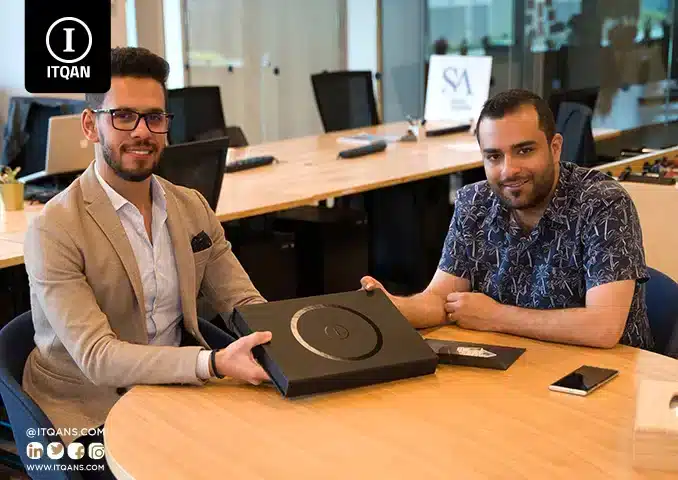Dubai, known for its thriving economy and bustling business scene, requires businesses to operate seamlessly. Facility management companies provide a vital service by ensuring that various aspects of a business’s infrastructure and operations run smoothly. These companies take care of facility-related matters, allowing businesses to concentrate on their core activities.
Facility Management Companies in Dubai: A Holistic Approach
Facility management is a multifaceted discipline that encompasses several key areas crucial for maintaining a well-functioning business environment. In Dubai, top facility management companies adopt a comprehensive approach that covers the following domains:
Property Maintenance and Repairs
One of the primary responsibilities of facility management companies is property maintenance and repair. These companies oversee routine upkeep and prompt repairs, ensuring that commercial spaces remain in optimal condition. From plumbing to electrical systems, they handle it all.
Cleaning and Hygiene Services
Maintaining a clean and hygienic workspace is essential for employee well-being and customer satisfaction. Facility management companies offer specialized cleaning services tailored to various industries, following industry standards and guidelines for a safe and healthy environment.
Security and Safety Measures
Safety is a top priority for any business. Facility management companies excel in implementing robust security measures. They manage surveillance systems, access control, and emergency response plans to create a secure environment for employees and visitors alike.
Energy Management and Sustainability
In an era focused on sustainability, facility management companies in Dubai actively contribute to energy conservation efforts. They assess energy usage, identify inefficiencies, and implement energy-saving practices, reducing a business’s carbon footprint and operational costs.
Space Utilization and Planning
Optimizing space usage is essential for productivity. Facility management experts analyze spatial requirements and design layouts that foster collaboration and efficient workflows. Whether it’s an office or a retail space, they ensure every square foot serves a purpose.
Technology Integration
Technology is rapidly shaping the business landscape. Facility management companies integrate smart technologies to streamline operations. Automated lighting, climate control, and security systems enhance efficiency while reducing energy consumption.
Why Choose Professional Facility Management Companies?
Partnering with facility management companies in Dubai offers several advantages that can significantly impact your business:
- Expertise: Facility management companies have a team of experts in various domains, ensuring that every aspect of facility management is handled by professionals.
- Cost-Efficiency: Outsourcing facility management can be more cost-effective than managing it internally. You save on recruitment, training, and equipment expenses.
- Focus on Core Competencies: By outsourcing facility management, you can channel resources and attention toward core business activities, driving growth and innovation.
- 24/7 Support: Emergencies can arise at any time. Facility management companies provide round-the-clock support, promptly addressing unexpected issues to minimize disruptions.
FAQs About Facility Management Companies in Dubai
How can facility management companies enhance energy efficiency?
Facility management companies employ energy-efficient technologies and practices, such as smart lighting and HVAC systems, to minimize energy consumption.
What role does technology play in facility management?
Technology integration automates processes, allows remote monitoring of systems, and enhances overall operational efficiency.
Do facility management companies serve diverse industries?
Yes, these companies adapt their services to various industries, leveraging their experience to meet unique business needs effectively.
Can facility management companies ensure compliance with safety regulations?
Absolutely, these companies are well-versed in local safety regulations and implement measures to ensure compliance and a secure working environment.
How do facility management companies contribute to sustainability?
Facility management experts identify opportunities for energy conservation, waste reduction, and sustainable practices, aligning your business with eco-friendly initiatives.
Is outsourcing facility management cost-effective?
Yes, outsourcing facility management often proves cost-effective due to reduced overhead costs and access to specialized expertise.
Conclusion
In Dubai’s competitive business environment, facility management companies serve as integral partners for achieving operational excellence. From property maintenance to energy efficiency, these companies provide comprehensive solutions tailored to diverse industries. By entrusting facility management to experts, businesses can thrive, knowing that their infrastructure is in capable hands.
